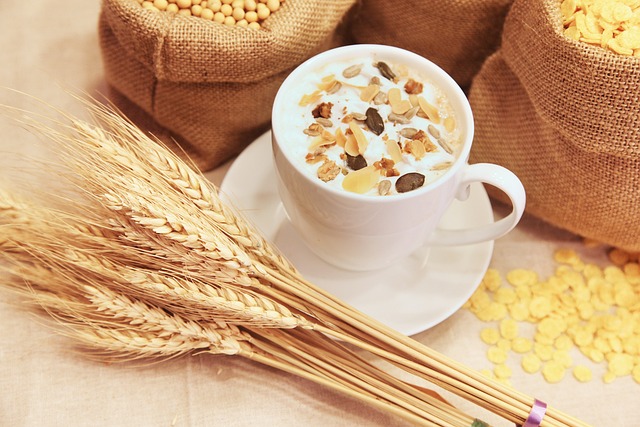Beyond Yogurt: Exploring the Wide World of Probiotic-Rich Foods
Probiotics are live bacteria and yeasts that are beneficial for our health, particularly for our gut. While yogurt is often associated with probiotics, there are many other foods that are rich in these beneficial microorganisms. In this article, we will explore the wide world of probiotic-rich foods beyond yogurt.
Sauerkraut
Sauerkraut is a fermented food made from cabbage and salt. During the fermentation process, beneficial bacteria such as Lactobacillus are produced. These bacteria help to break down the sugars in cabbage and convert them into lactic acid, giving sauerkraut its tangy taste.
When choosing sauerkraut, it’s important to look for unpasteurized varieties, as pasteurization can kill off the beneficial bacteria. Enjoy sauerkraut as a condiment, side dish, or ingredient in your favorite recipes.
Kombucha
Kombucha is a fizzy, fermented tea that has gained popularity in recent years. It is made by fermenting sweetened black or green tea with a culture of bacteria and yeast known as a SCOBY (symbiotic culture of bacteria and yeast).
This fermented beverage is known for its probiotic content, in addition to being rich in antioxidants and beneficial organic acids. Kombucha comes in various flavors and can be enjoyed as a refreshing alternative to sugary sodas.
Miso
Miso is a traditional Japanese seasoning made by fermenting soybeans with salt and a fungus called koji. The fermentation process can take several months to years, resulting in a paste-like consistency with intense flavors.
Miso is commonly used in soups, marinades, and dressings. Besides being a great source of probiotics, miso is also rich in essential minerals and vitamins.
Kimchi
Kimchi is a popular Korean side dish made from fermented vegetables, typically cabbage and radishes, along with various seasonings such as chili powder, garlic, and ginger.
Kimchi is not only a flavorful addition to meals but also contains probiotics that can support a healthy gut. The fermentation process gives kimchi its signature tangy and spicy taste.
Tempeh
Tempeh is a traditional Indonesian food made from fermented soybeans. The soybeans are soaked, cooked, and then fermented with a starter culture that contains Rhizopus mold.
Tempeh is a great source of protein and probiotics, making it a nutritious choice for vegetarians and vegans. It has a nutty flavor and can be enjoyed in various dishes such as stir-fries, sandwiches, and salads.
Kefir
Kefir is a fermented milk drink that originated in the Caucasus region. It is made by adding kefir grains, which are a combination of bacteria and yeast, to milk.
Kefir has a similar taste to yogurt but is more liquid in consistency. It is rich in probiotics and also contains vitamins, minerals, and amino acids. Kefir can be enjoyed on its own or used as a base for smoothies and desserts.
Conclusion
While yogurt is a well-known source of probiotics, there is a wide variety of other foods that offer these beneficial microorganisms. Incorporating a diverse range of probiotic-rich foods into your diet can help support a healthy gut and overall well-being.
From sauerkraut to tempeh, kombucha to kefir, the options are plentiful. Experiment with different probiotic foods to find your favorites and enjoy the numerous health benefits they provide. Remember to opt for unpasteurized versions whenever possible to ensure you’re getting the full probiotic goodness.







